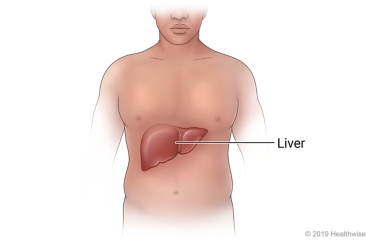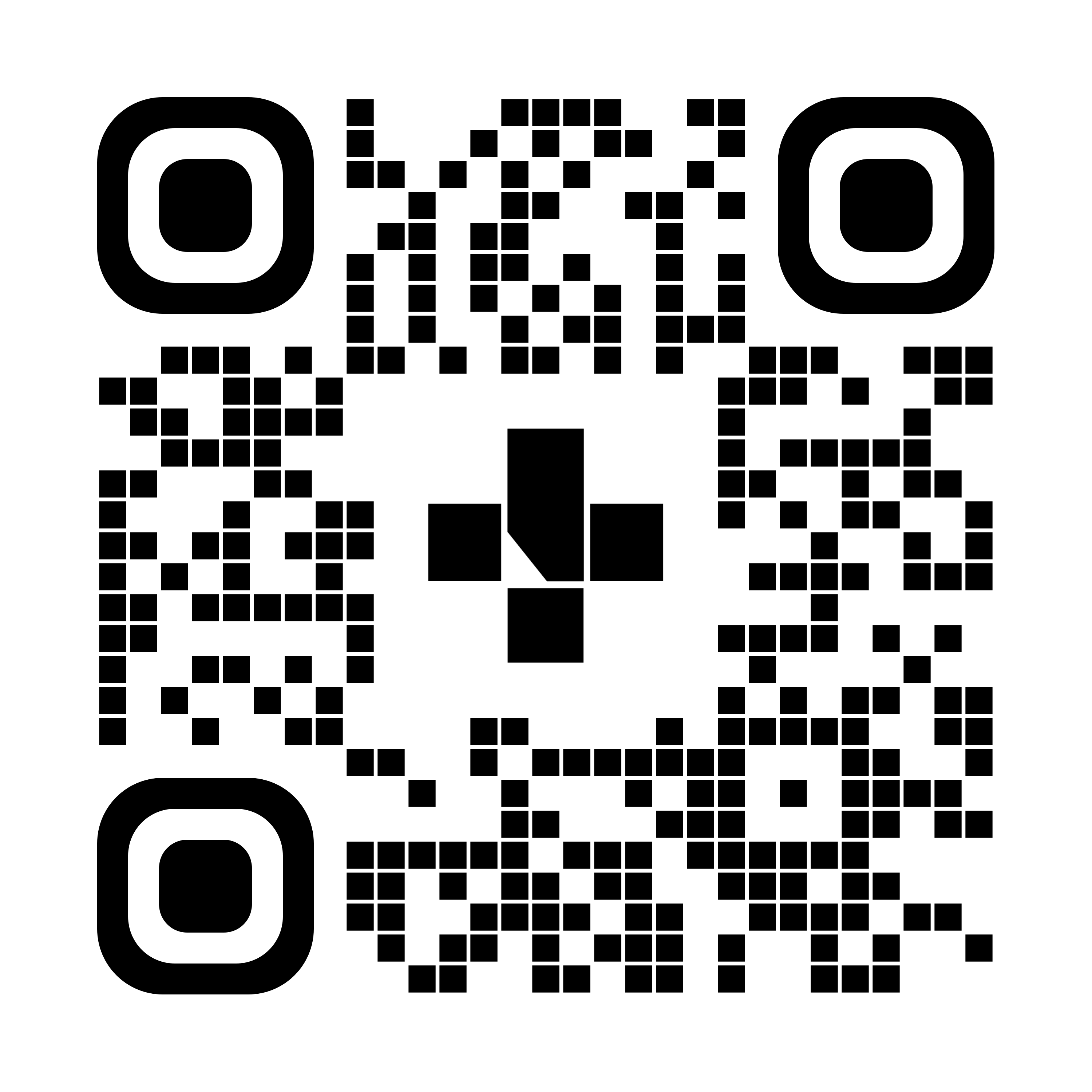Liver biopsy (transjugular)
What to expect at home

A liver biopsy is a procedure that uses a needle to take a tiny sample (biopsy) of your liver tissue. Transjugular (say “trans-jug-you-lar”) means the biopsy needle goes to your liver through the jugular vein, which is a large vein in your neck.
You may have some pain where the biopsy needle entered your skin in your neck (the procedure site). You may also have pain in your shoulder. This is called referred pain. Referred pain is caused by pain travelling along a nerve near the biopsy site. The referred pain usually lasts less than 12 hours.
You may have a small amount of bleeding from the procedure site.
After the procedure, you can go home and rest for the day, but do not drive yourself. Arrange to have someone else take you home. Don’t drive for 24 hours after the biopsy and don’t drive while you’re taking strong pain medicine. If you live in a different town or city from where you had the procedure, it’s a good idea to stay somewhere overnight that is within 1 hour of an emergency care hospital.
This care sheet gives you a general idea about how long it will take for you to recover after a transjugular liver biopsy. But each person recovers at a different pace. You will need to take it easy at home for 1 to 3 days after the procedure. Follow the steps below to get better as quickly as possible.
Activity
- Rest when you feel tired. Getting enough sleep will help you recover.
- Try to walk each day. Start by walking a little more than you did the day before. Bit by bit, increase the amount you walk. Walking boosts blood flow and helps prevent pneumonia and constipation.
- Avoid exercises that use your belly muscles and avoid strenuous activities (activities that increase your heart rate and make you breathe fast), such as bicycle riding, jogging, weight lifting, or aerobic exercise, for 1 week after your biopsy, or until your doctor says it’s OK.
- You will probably need to take a few days off from work. This will depend on the type of work you do and how you feel. If your job includes heavy lifting, using machines, or doing hard activity, talk to your doctor about when you can go back to work.
- Don't lift or carry anything heavier than 4.5 kg (10 lb.) for 3 days after your biopsy.
Diet
- You can eat your normal diet after your biopsy. If your stomach is upset, try bland, low-fat foods like plain rice, broiled chicken, toast, and yogurt.
- Drink plenty of fluids (unless your doctor tells you not to).
Medicines
- Your doctor will tell you when you can restart medicines that you usually take. They will also give you instructions about taking any new medicines.
- If you take blood thinners, ask your doctor when to start taking them again. Make sure that you understand exactly what your doctor wants you to do.
- Be safe with medicines. Take pain medicines exactly as directed.
- If your doctor gave you a prescription medicine for pain, take it as prescribed. If you are not taking a prescription pain medicine, take a non-prescription (over-the-counter) medicine that your doctor recommends. Read and follow all instructions on the label.
- Do not take acetaminophen (Tylenol) unless your doctor says it’s OK.
Caring for the procedure site
- It’s very important to keep the procedure site clean and dry. When you leave the hospital, you may have a bandage (dressing) covering the procedure site. Leave the bandage on until the morning after your procedure, then change it. Ask your healthcare provider how to change the bandage.
- You may shower 24 to 48 hours after the procedure. Don't scrub the procedure site. Pat the site dry.
- Don't take baths, use hot tubs, or go swimming until the procedure site no longer has a scab and is completely healed.
- Don't use any creams, lotions, or ointments on the procedure site.
Follow-up care is a key part of your treatment and safety. Be sure to make and go to all appointments. Call your doctor or nurse advice line (811 in most provinces and territories) if you are having problems. It's also a good idea to know your test results and keep a list of the medicines you take.
When should you call for help?
Call 911 anytime you think you may need emergency care. For example, call if:
- You passed out (lost consciousness).
- You have severe trouble breathing (shortness of breath).
- You have sudden chest pain and shortness of breath, or you cough up blood.
- You have severe pain in your chest, shoulder, or belly.
- You have bleeding from the procedure site that doesn't stop (for example, bright red blood has soaked through your bandage).
Call your doctor or Health Link at 811 now or seek immediate medical care if:
- You have new bleeding from the procedure site.
- You have pain that does not get better after you take your pain medicine.
- You are sick to your stomach or cannot keep fluids down (you are throwing them up).
- You have a fever, chills, or body aches.
- You have signs of infection, such as:
- increased pain, swelling, warmth, or redness
- red streaks leading from the procedure site
- pus draining from the procedure site
- swollen lymph nodes in your neck, armpits, or groin
- a fever
- You have new or worse pain at the procedure site.
- You have new or worse belly swelling or bloating.
- You have trouble peeing or passing stool (poop).
- Your stools are black and tar-like or have streaks of blood.
- You have pale-coloured stools along with dark urine and itching.
- You have yellowing of your eyes or skin that is not normal for you.
Watch closely for changes in your health, and be sure to contact your doctor or nurse advice line if you have any problems.
To see this information online and learn more, visit MyHealth.Alberta.ca/health/aftercareinformation/pages/conditions.aspx?hwid=custom.ab_liver_biopsy_transjugular_ac.

For 24/7 nurse advice and general health information call Health Link at 811.
Current as of: November 19, 2024
Author: Diagnostic Imaging, Alberta Health Services
This material is not a substitute for the advice of a qualified health professional. This material is intended for general information only and is provided on an "as is", "where is" basis. Although reasonable efforts were made to confirm the accuracy of the information, Alberta Health Services does not make any representation or warranty, express, implied or statutory, as to the accuracy, reliability, completeness, applicability or fitness for a particular purpose of such information. Alberta Health Services expressly disclaims all liability for the use of these materials, and for any claims, actions, demands or suits arising from such use.
